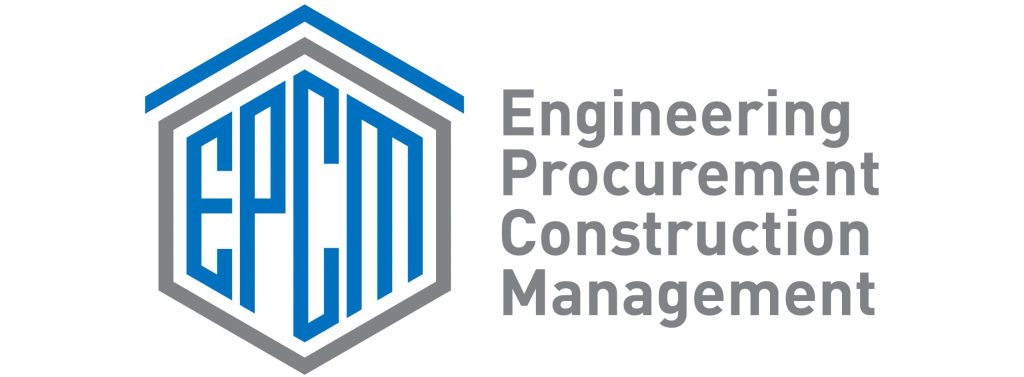Introduction:
The oil and gas industry is no stranger to innovation, constantly seeking ways to improve efficiency, safety, and sustainability. One of the most significant trends in recent years has been the rise of modular construction. This approach involves building components off-site in a controlled environment and then transporting them to the final location for assembly. This shift is transforming how Engineering, Procurement, and Construction Management (EPCM) companies operate and deliver projects.
Benefits of Modular Construction in Oil & Gas:
- Enhanced Safety: By moving construction to a controlled factory setting, risks associated with on-site hazards are significantly reduced.
- Improved Quality: Standardized processes and rigorous quality control in a factory environment lead to higher-quality modules.
- Increased Efficiency: Modular construction reduces project timelines and minimizes costly on-site delays due to weather or other unforeseen circumstances.
- Reduced Environmental Impact: Less on-site construction translates to reduced waste and a smaller environmental footprint.
- Cost Savings: Increased efficiency and reduced rework contribute to significant cost savings.
How EPCM is Adapting:
EPCM companies are adapting to this shift by:
- Embracing Digital Tools: Advanced technologies like Building Information Modeling (BIM) are essential for designing, planning, and coordinating modular projects.
- Developing New Skillsets: EPCM teams need expertise in areas like modular design, logistics, and assembly.
- Building Strong Partnerships: Collaboration with modular construction specialists is crucial for successful project delivery.
- Rethinking Project Execution: EPCM companies are adopting new project management methodologies to accommodate the unique demands of modular construction.
Challenges and Opportunities:
While modular construction offers numerous benefits, some challenges remain:
- Transportation Logistics: Moving large modules can be complex and requires careful planning.
- Site Preparation: Ensuring the site is ready for module arrival and assembly is critical.
- Integration with Existing Infrastructure: Connecting modules to existing systems requires meticulous engineering and coordination.
Despite these challenges, the future of modular construction in oil and gas is bright. As technology continues to advance and EPCM companies refine their approaches, we can expect even greater adoption and innovation in the years to come.
Conclusion:
Modular construction is revolutionizing the oil and gas industry, offering significant advantages in terms of safety, efficiency, and sustainability. EPCM companies are adapting to this trend by embracing new technologies, developing specialized skills, and forging strong partnerships. This evolution is not only changing how projects are delivered but also shaping the future of the industry itself.

